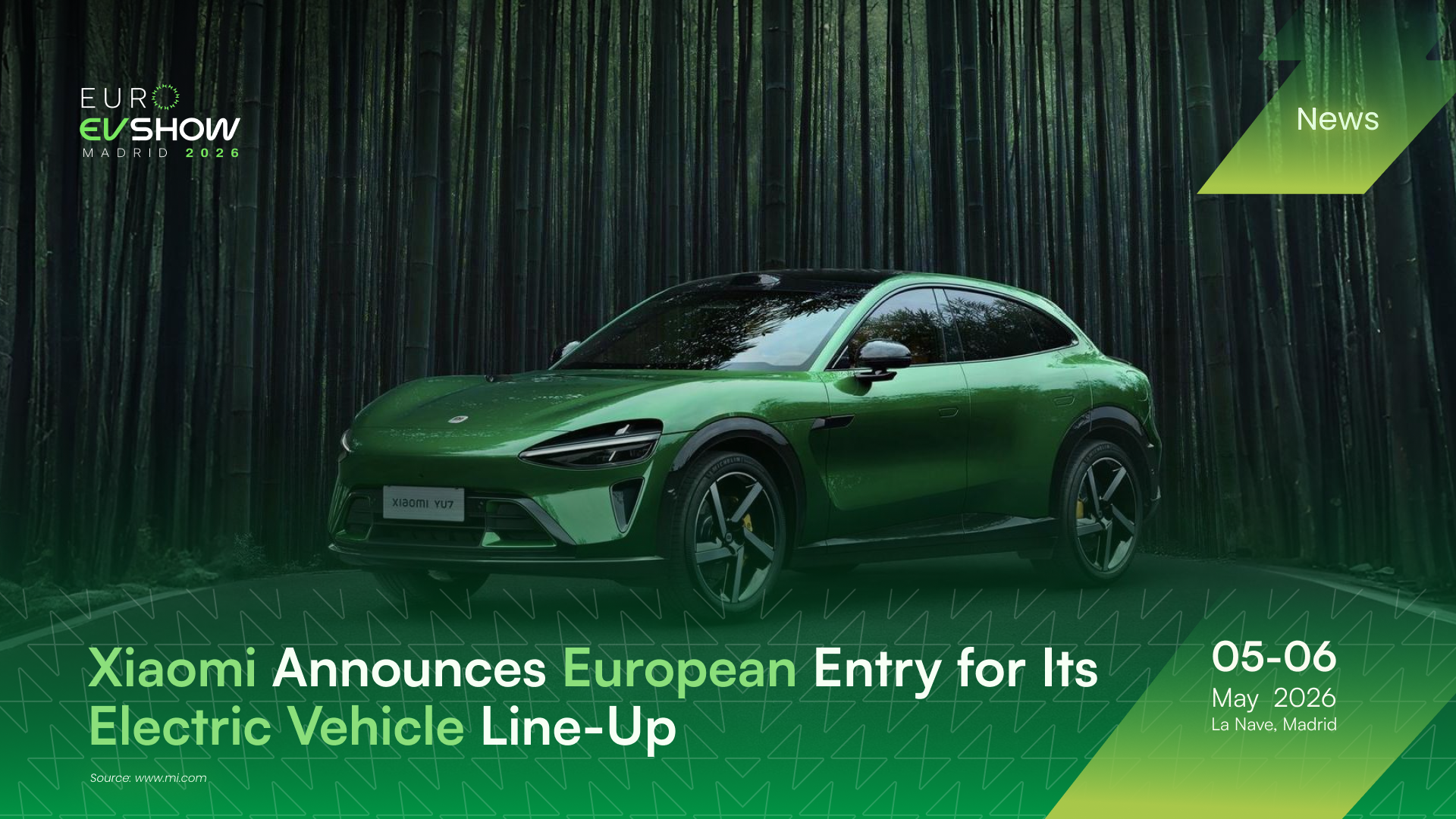20 August 2025: Chinese tech giant Xiaomi, best known worldwide for its smartphones and consumer electronics, is preparing to expand its electric vehicle business rapidly in Europe within the next two years.
The company entered the automotive industry in 2023 with the launch of the SU7 saloon, followed soon after by the YU7 SUV. These two debut models have propelled Xiaomi Auto into the ranks of China’s fastest-growing carmakers, with more than 80,000 deliveries in the last quarter alone, almost triple the number achieved in the same period a year earlier.
Xiaomi confirmed plans to establish a European presence in 2027, though specific model details have not been disclosed. The company stated it is still in the “research and preparation phase” of its rollout strategy. An image of an SU7 registered with German number plates was also shared on Xiaomi’s official channels, sparking speculation about the brand’s European entry.
The surge of interest in the SU7 and YU7 has outpaced production capacity, with delivery timelines stretching from several months to over a year. The YU7 alone drew nearly 240,000 reservations within 18 hours of its unveiling, underscoring its strong appeal. Much of this enthusiasm stems from its compelling mix of technology, performance, and a starting price of just £29,000.
Xiaomi’s EV division generated over £2 billion in revenue last quarter and is on track to achieve monthly or quarterly profitability by the end of 2025, supported by more than £3 billion of strategic investment in production capacity and R&D to fuel long-term growth.
In Europe, Xiaomi has indicated its cars will be positioned in the premium segment, with a focus on performance and advanced technology. The SU7 saloon, benchmarked against its competition that offers up to 664bhp and nearly 500 miles of range. Its sibling, the YU7 SUV, is capable of up to 519 miles (CLTC) and comes with both single- and dual-motor options.
Xiaomi has also teased the arrival of the SU7 Ultra, a 1,527bhp super-saloon that recently broke the EV lap record at the Nürburgring. As a potential halo model, it could help the brand establish credibility in Europe’s performance EV market.
A third car, the larger YU9 SUV, is in development with a range-extender hybrid system. While positioned more upmarket than the SU7 and YU7, analysts believe it may be less suited to European buyers than Xiaomi’s pure EVs.
From smartphones to super-saloons, Xiaomi’s transformation into a global EV player is gathering momentum. If the company can solve its production bottlenecks and deliver cars at scale, its planned European debut in 2027 could reshape competition in the region’s premium electric car segment.

